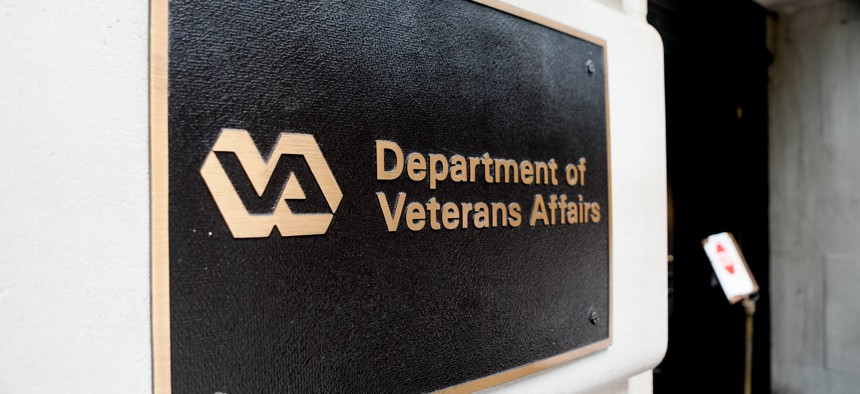Final T4NG2 solicitation draws small biz complaints

Gettyimages.com/P_wei
Some service-disabled, veteran-owned small business claim they are at a disadvantage in competing against joint ventures for places on this $60 billion Veterans Affairs IT vehicle.
Proposals are due in less than a month for the next version of the Veterans Affairs Department's primary IT vehicle and concerns are coming into us about certain elements of the final solicitation.
Some veteran-owned, service-disabled small businesses believe they will be at a disadvantage when competing against joint ventures for spots on the potential $60 billion vehicle called "T4NG."
Their complaints stem from how some firms are interpreting the past performance requirements that bidders much submit as they self-score themselves.
The Transformation Twenty-one Total Technology NextGen 2 contract is the next iteration of the vehicle used by the VA for most of its IT needs. Proposals are due April 17.
One requirement drawing complaints is that bidders can provide up to 10 past performance examples to accumulate points. Companies can earn points for the value of the example, functional areas and other factors.
A veteran-owned, service-disabled small business must submit their own past performance for the first four citations. The other examples can come from partners. The total number of examples from partners can be no more than six, with no more than three from a single partner.
But if a SDVOSB is part of a joint venture as part of a mentor-protégé relationship, it only needs to submit one example of its own. The next nine can come from the large business mentor.
The larger the dollar value of the examples, the more points those examples can earn. Joint ventures with a large business partner have an advantage there because they tend to have larger projects.
A second advantage for joint ventures is in how small business can use the large business mentor’s certifications, industry sources have told me.
Joint ventures can also gain more points in having a government-audited accounting system, which is more prevalent with large businesses than with small ones.
Standalone service-disabled, veteran-owned small businesses see themselves as in a quandary. They can either pull out and not bid, losing an opportunity. They can also keep their head down, submit a bid and hope they reach the right threshold.
They can also stick their neck out and file a protest to challenge the solicitation, but they have to do so before the proposal due date of April 17.
But companies still need to prepare and submit the proposal. A pre-award protest doesn’t change the date of when proposals are due. However, no agency can make an award if protests against the solicitation are pending.
From some of the comments I’ve gotten, there are a lot of conversations going at SDVOSBs around the market that boil down to these two questions:
Do they bid or not? Do they protest or not?
We’ll know before April 17 what the answers will be for many companies.

